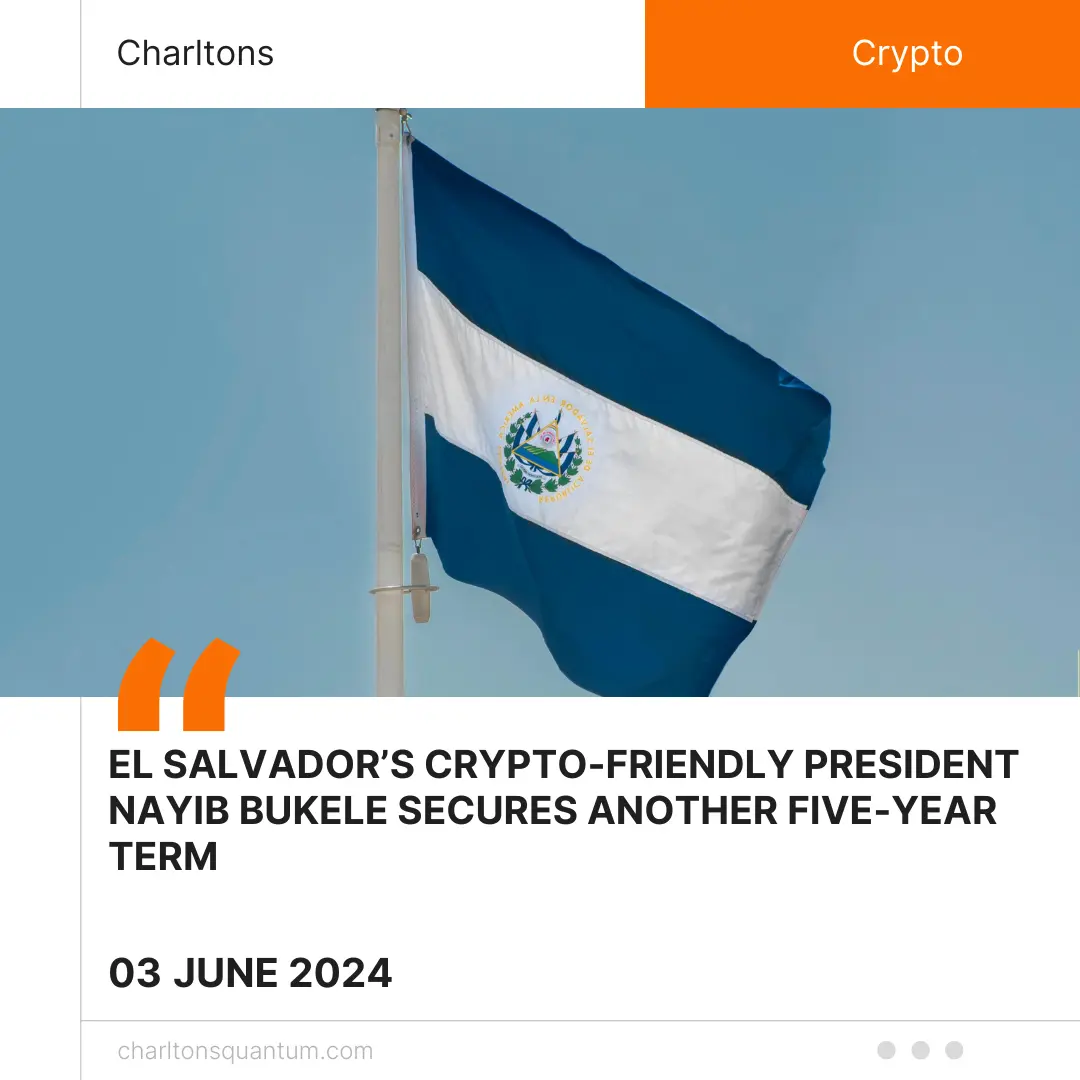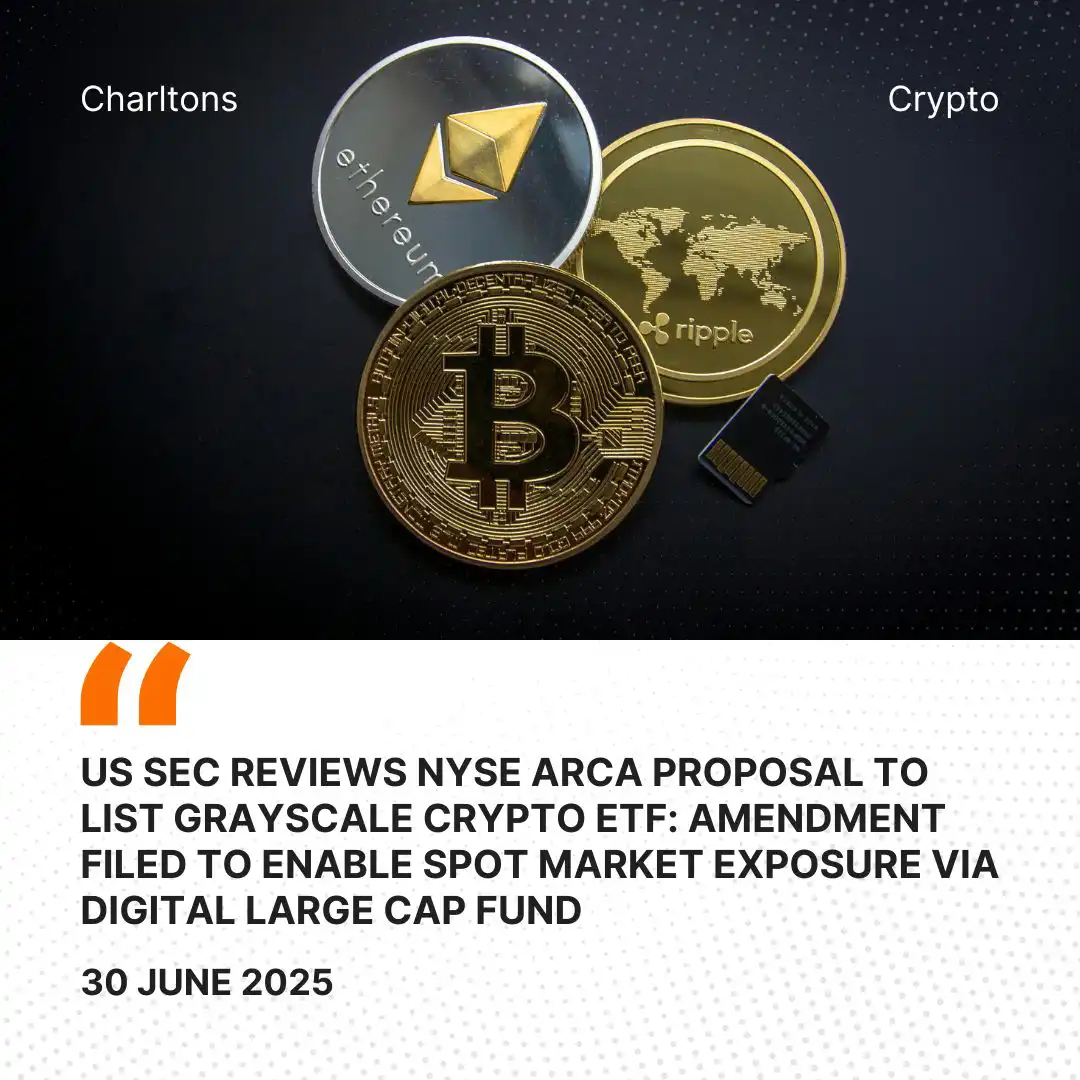
El Salvador’s 42-year-old President Nayib Bukele, known for his strong support of cryptocurrency, is set to govern for another five years after securing near-total control of parliament. This significant political development was marked by a grand inauguration ceremony at the National Palace in San Salvador, broadcast live and celebrated by many Salvadorans.
During the ceremony, President Bukele took the oath of office and received the presidential blue and white sash from Ernesto Castro, the President of the Legislative Assembly. The event was a display of strong public support for Bukele, reflecting his popularity and the confidence placed in his leadership.
Bukele’s tenure has been notable for his enthusiastic embrace of cryptocurrency. Recently, it was revealed that El Salvador holds over 5,000 bitcoins, valued at more than $400 million, stored in a cold wallet. This disclosure, shared by Bukele on social media platform X, highlights the nation’s significant investment in Bitcoin, which surpasses previous estimates.
In a gesture of international recognition, Donald Trump Jr. attended the inauguration, congratulating President Bukele on his second term. The event also drew attention from numerous crypto enthusiasts who took to social media to celebrate Bukele’s decisive victory for the 2024-2029 term.
El Salvador made history in September 2021 by becoming the first nation to adopt Bitcoin as legal tender when the cryptocurrency was trading around $51,000. This bold move aimed to enhance financial inclusion, streamline remittance payments, and spur financial innovation within the country. Despite facing criticism, especially after Bitcoin’s price dropped from its all-time high of $69,000 in November 2021, El Salvador has remained committed to its Bitcoin strategy. Today, Bitcoin trades at approximately $68,400, vindicating Bukele’s long-term vision.
In a bid to boost transparency, El Salvador introduced an advanced online platform in May to track the country’s Bitcoin Treasury. This platform offers public access to data regarding the nation’s BTC investments, marking a significant step towards enhancing the financial transparency of government operations.
While President Bukele’s crypto-forward policies have garnered significant support, they have not been without criticism. Skeptics argue that the volatility of Bitcoin poses risks to the nation’s financial stability and can affect the country’s economy negatively if the market turns bearish. Critics also highlight the importance of ensuring that the focus on cryptocurrency does not overshadow other critical areas of governance, such as healthcare, education, and infrastructure development.
Despite these concerns, Bukele’s administration continues to push forward with its vision of a crypto-integrated future, positioning El Salvador as a pioneer in the global adoption of digital assets. As the nation navigates these challenges, the world watches closely to see how this bold experiment unfolds.





